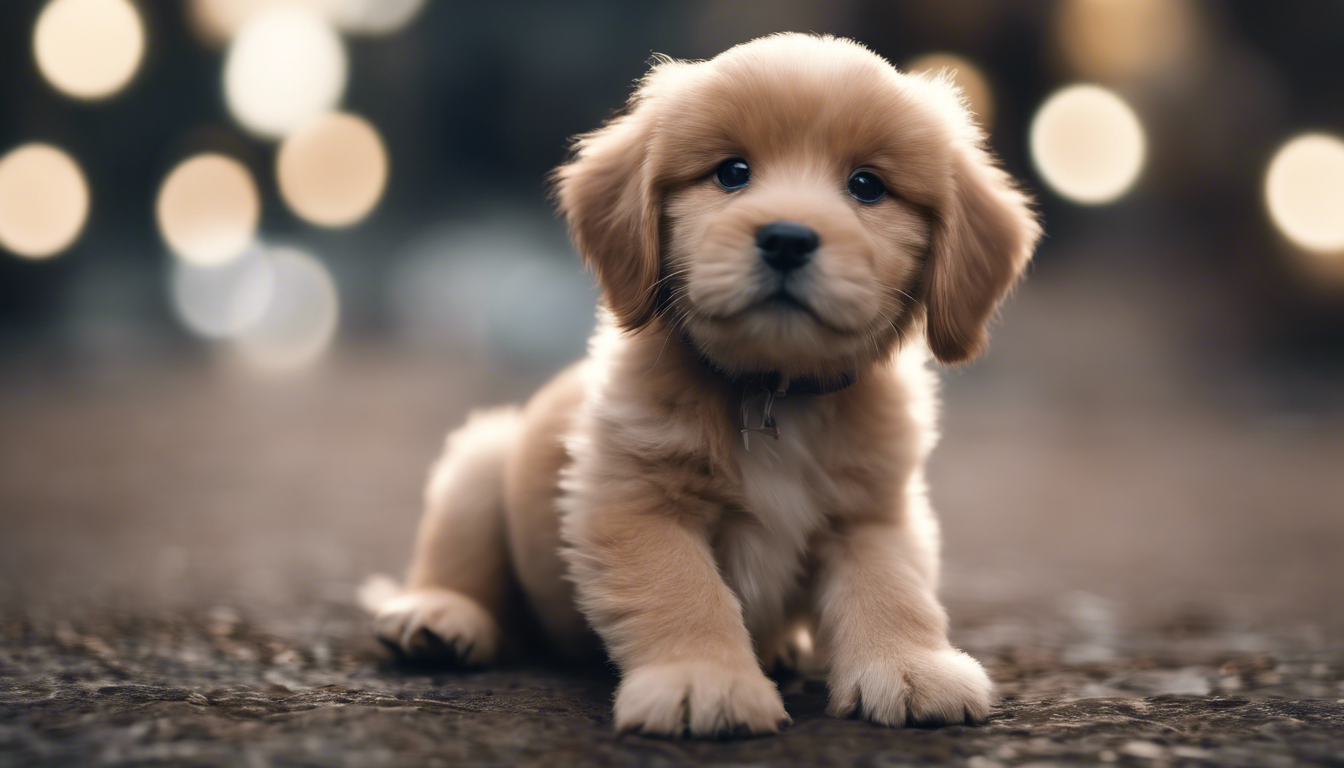Contents
Establish Routine
Settling into a routine helps your puppy understand what to expect from you and helps you understand your pup. Puppies, like babies, do best on a regular schedule. A schedule teaches them that there are times to eat, times to play, and times to do their business.
Consider the following schedule:
– Wake up and go for a short walk.
– Breakfast
– Playtime or structured training
– Potty break
– Crate or quiet time
– Lunch
Training Development Skills
Every puppy needs to learn basic commands and good behavior. The phase when your puppy learns the most, usually between 8 and 12 weeks, is the most impressionable period in their life. Teaching your puppy commands like “sit”, “stay”, “no”, and “come” during this phase ensures these behaviors will stick later on in life.
Set aside at least five minutes each day to work on these commands and behaviors. Gradually increase the session durations, but keep them under five minutes for puppies under three months old to keep them interested and engaged.
The Do’s and Don’t’s of Training
The way you train your puppy can have a profound impact on their behavior in the future.
Do’s:
- Focus on rewards: Reward your puppy with treats and praises when they follow a command or show behaviors that you like.
- Be patient and consistent: Training takes time. Repetition and consistency are key to successful training.
Don’t’s:
- Avoid punishment: Puppies learn from positive reinforcement. Punishing them can lead to fear and anxiety.
- Don’t expect instant results: Training takes time! Be patient and consistent, and soon your hard work will pay off.
Introducing the Crate
A crate can be an effective tool for house training. It takes advantage of your puppy’s natural instincts as a den animal. A crate can provide a sense of safety and security for your puppy. Start by making the crate comfortable and inviting. Encourage your puppy to spend time in the crate by placing their favorite toys or a cozy blanket inside.
Puppy’s Socialization
Socialization is about more than just meeting other dogs. It’s also about getting your puppy used to different environments, sounds, people, and experiences. Try exposing your puppy to a variety of different situations like car rides, different kinds of people, noises, and sights.
Final Words
Training a puppy requires effort, patience, and time. Be ready to compromise, make adjustments, and learn from your mistakes. Through your commitment, you’ll experience the joy of rearing a well-mannered and obedient pup who understands you and responds to your commands.
FAQ
1. When should I start training my puppy?
As soon as you bring your new puppy home at age 8 weeks.
2. How long do I need to train my puppy each day?
Different experts suggest different training durations, but a good rule of thumb is to keep the training sessions short and sweet, especially for puppies under three months old.
3. Is it better to train a puppy yourself or to hire a professional trainer?
It depends. You can train your puppy yourself if you have time and patience to do so, but you can also consider hiring a professional if you need help.





